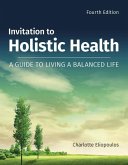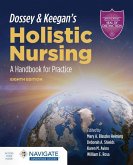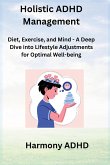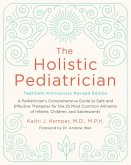Health and Development: A Journey Through the Halls of History The relationship between health and development has been a concern of humanity for centuries. Does a healthy society become more prosperous, or does development improve health? The answer to this complex question lies hidden in the pages of history, where we see how these two concepts have danced a tangled waltz over time. The Foundations of Ancient Times: Healthy Body, Strong Civilization Even in ancient civilizations, the link between health and development is clearly visible. The construction of public baths such as the ziggurats in Mesopotamia, the development of drainage systems in the Indus Valley civilization, and the refinement of medical practices in ancient Egypt are all evidence that people in ancient times understood that a healthy population is the foundation of a prosperous society. During this time, health was often linked to religion and spirituality. For example, the ancient Greeks believed that health was a gift from the goddess Asclepius, and they sought treatment by visiting temples. The Middle Ages: A Ray of Hope in the Darkness In Europe, the Middle Ages saw a strange stagnation in health and development due to the outbreak of pandemics and wars. Still, even in this era, some important progress was made. There was significant development in medicine in the Arab world, which preserved and advanced Greek knowledge. Hospitals were established and the training of physicians was improved. The Renaissance: A New Dawn The Renaissance saw a renewed interest in classical learning, including medicine. This led to the rediscovery of ancient medical texts and the development of new medical techniques. For example, the invention of the printing press made it possible to spread medical knowledge more widely.







